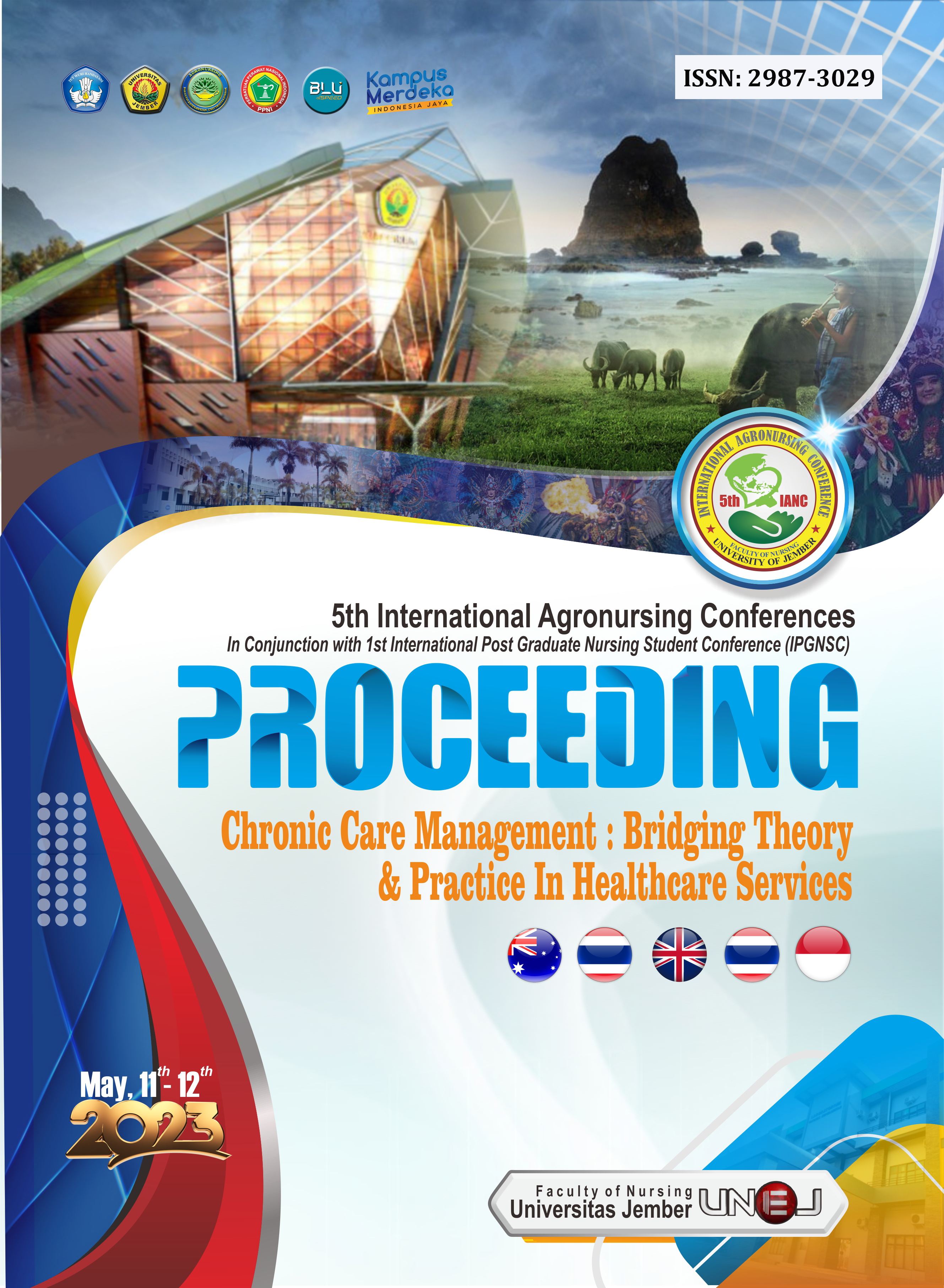TRIGGER FACTORS OF LONG COVID (POST-COVID SYNDROME)
Abstract
Background: Coronavirus disease 2 (SARS-Cov-2) is still a significant concern for the world because of the problem of infectious diseases that can cause severe acute respiratory disease with or without symptoms to be life-threatening. Even though it can be cured, in some cases, prolonged, persistent symptoms will appear after Covid, or is called Long Covid. The occurrence of long Covid can be seen from the persistence of residual symptoms after an acute infection occurs for more than 4 weeks This study aims to identify the trigger factors for Long Covid. Methods: Research design with a cross-sectional design. The sample is all covid survivors with residual symptoms willing to complete a questionnaire on Google form of 122 samples. Results: The results of the bivariate analysis showed that the BMI factor variable had a value of p=0.750, many sequelae p=0.000, treatment p=0.046, early symptoms p=0.000, active smokers p=0.981, passive smokers p = 0.328, and comorbidities p = 0.052. The initial symptom variable is the most dominant precipitating factor compared to other variables where the logistic regression test obtains OR = 2.103. Discussion: Symptom variable had the most dominant influence compared to the other variables, namely the number of sequelae and treatment. Thus among the other variables, it can be concluded that the initial symptom variable has the most dominant influence on the occurrence of Long Covid. explains that someone infected with covid in the first week with many symptoms tends to be at risk of experiencing long Covid syndrome.


